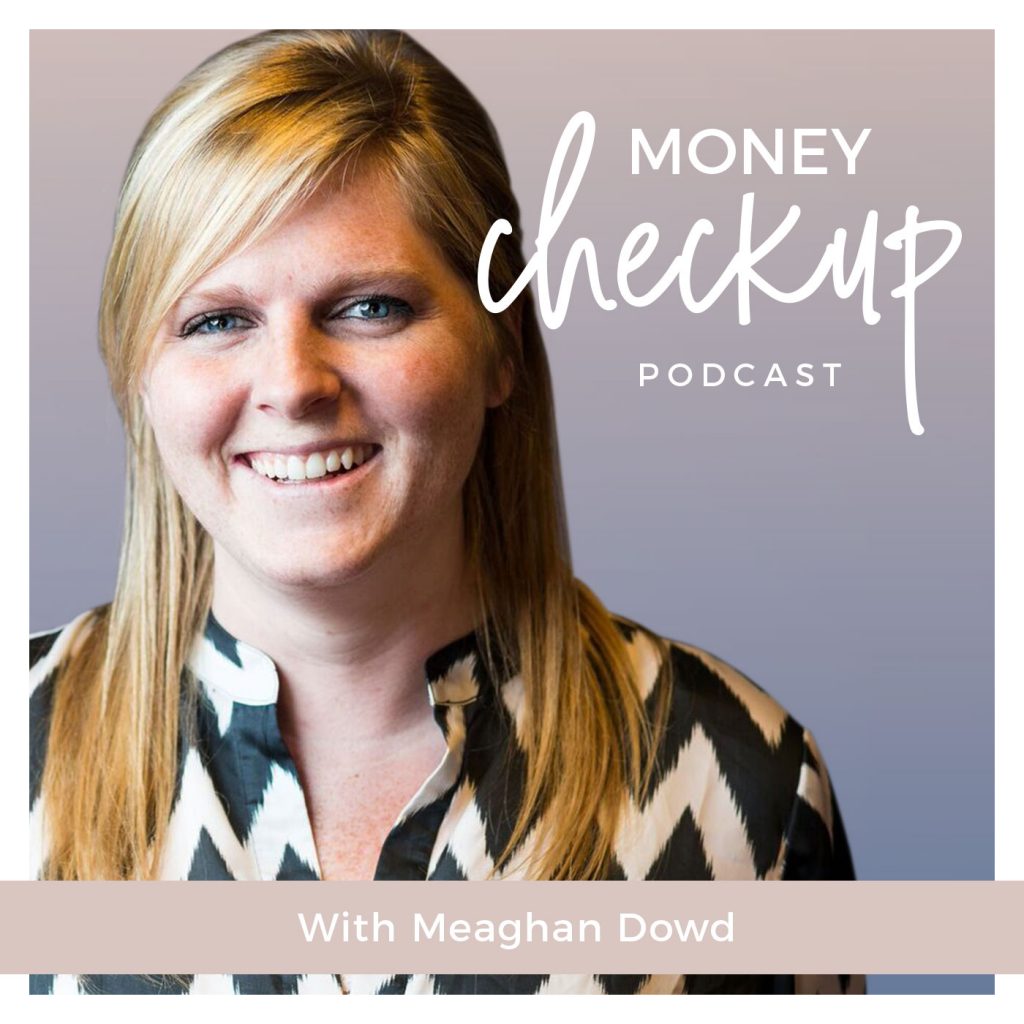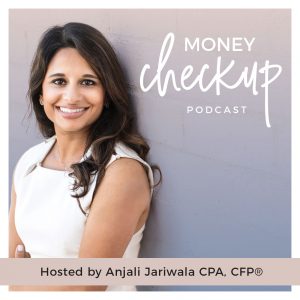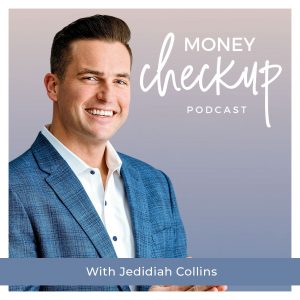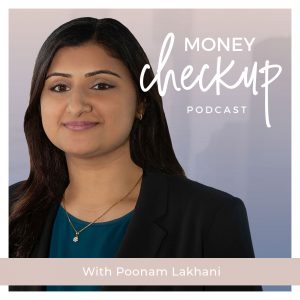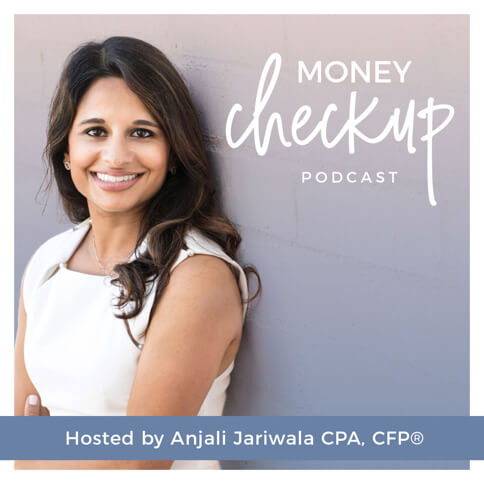Don’t let confusion about insurance keep you from getting the protection you need. There isn’t much you can do after you have an accident or a claim has been filed against you. Preemptive protection of your property — your home, vehicles, and assets — will equip you for life’s unexpected challenges.
In addition to life insurance and health insurance (and, if you’re a physician, disability insurance), make sure you have all of the types of coverage that your family needs.
Homeowners insurance
A standard homeowners insurance policy has several key pieces. The dwelling replacement cost takes into consideration the home’s square footage, year built, historic status, and more, as well as other detached structures on the property such as garages and swimming pools. This number may not be the same as the market value of the home — it focuses on how much it would cost to recreate the property in its current state.
Personal property is everything contained within the house. Most homeowners insurance policies cap the value of personal property they will cover, so if you have valuable jewelry or collectibles, it may be best to insure those separately. Items that are scheduled separately will not not require a deductible if a claim is made, and they may reduce the total value of your personal property, lowering your premiums on your homeowner’s policy.
Auto insurance
Most U.S. drivers have had auto insurance since they were teenagers. As your net worth grows, however, make sure your policy adequately protects you and your property.
Split limit policies have different limits for each component of an accident — for example, $100,000 per person plus $100,000 for property damage with a $300,000 limit per accident. If your accident injures just one person but their medical bills reach $120,000, your policy will only cover the first $100,000, and you will be responsible for the remainder.
Combined single limits policies, on the other hand, turn that $300,000 limit into a $300,000 aggregate. If you experience any loss or have to pay any claim, your auto policy will cover up to $300,000, whatever form those expenses takes.
Uninsured and underinsured motorist coverage matters because roughly one in eight U.S. drivers is uninsured. Many more drivers carry their state’s minimum coverage level (underinsured), which may not cover property damage to a valuable car. California minimums, for example, are $15,000 per person and $30,000 per accident with just $5,000 in property damage. And uninsured motorists typically don’t have assets that could be obtained through a lawsuit.
Uninsured and underinsured motorist coverage can help cover your medical expenses and make you whole again if you own a valuable vehicle or get into an accident at no fault of your own. It also extends to you while walking, biking or using ride-hailing services like Uber and Lyft.
Liability insurance
Most people know or can estimate how much it would cost to rebuild their home. It’s much harder to predict how much someone might try to win in a lawsuit against you. Liability coverage protects individuals against lawsuits for personal injury, negligence and other claims. Many of these policies have defense coverage built in, too, so you have funds available to cover the costs of both the legal defense and any resulting judgment.
Renters should carry liability insurance as well — if you forget to blow out a candle and the fire damages the building, you can be liable. Many condo associations require policies covering up to $100,000. Homeowners policies should include even more coverage.
There are three types of liability insurance that can provide extra coverage on top of home and auto insurance. Excess liability coverage will kick in if a claim is larger than the limits you have in place — for instance, if four people are hurt in an auto accident but your policy only covers two.
Umbrella coverage offers that same coverage over home and auto limits, but can also provide first-dollar defense in situations where you do not have coverage. If you get into an auto accident abroad or are sued for a personal injury offense like slander or libel, an umbrella can help.
Third-party liability coverage protects you while you are on someone else’s property. The classic example is if you’re at a friend’s house and the porch gives out, injuring a dozen people. Your friend’s liability policy may not be large enough to cover everyone injured. But if your umbrella policy includes third-party liability coverage, you can ensure that you’re covered, without entering into an uncomfortable legal situation with a friend.
Clients often ask me whether carrying more umbrella coverage makes them more likely to be sued. Yes, attorneys can find out what your insurance protections look like during discovery. But they can also find lots of other details of your liquid assets. If something truly bad happens and a court makes a large judgment against you, the plaintiff’s attorneys will be able to pursue whatever liquid assets you hold on top of your umbrella. If you live an active lifestyle, have a lot of assets, high income, or teenage drivers you may benefit from an umbrella policy that fully covers your net worth.
The good thing about umbrella coverage is that it is relatively cheap for the coverage you get. Adding umbrella or increasing your coverage limits is unlikely to result is significantly larger premiums.
How big should my deductibles be?
It can be easy to assume that the lowest possible deductible on a policy is the best one. But it’s more beneficial to think about insurance like a bank. If you suffered a $10,000 loss today, would you need to go to the bank to take out a loan, or could your emergency fund or savings cover that expense? Determine your deductibles a similar way.
This is important because if you file too many insurance claims, your premiums may rise. At worst, insurance companies may begin declining to cover you because you seem too likely to file claims.
Insurance should not be treated as a maintenance program — it exists to protect you against life-altering changes. Choose your deductibles accordingly. And consider it this way: If you take a higher deductible and get a lower premium as a result, you can use the savings on liability coverage or an umbrella policy.
One exception to this is condo insurance. Often condo claims are not your fault — if the unit above yours floods, for example — and many condo association bylaws include language that do not allow one neighbor to pay for damage to another’s unit. High deductibles may not be in your best interest here.
Business insurance for your home and companies
If you have any employees working regularly in your home, such as a nanny, you should carry workers compensation insurance. A typical homeowners insurance policy excludes anyone working in the home. Umbrella insurance could cover a claim from a household employee — but the employee could file a claim for a large sum, including lost wages and future pay, with no real cap.
With workers comp, on the other hand, any settlement is structured in advance. Both you and your employee know exactly what they’ll be entitled to.
Employment practices liability insurance can protect you from accusations of discrimination or sexual harassment. If those lawsuits are frivolous, these policies will cover your legal defense; if a court finds that wrong was done, they can cover the judgment. Often EPLI can be added to an umbrella policy.
If you run a business out of your home, your homeowners insurance policy may explicitly exclude your business property and space. General liability insurance can cover that property.
Data breaches and other cyber threats are common these days. Most general liability policies have fairly small coverages for liability. But cyber coverage is extremely important for some businesses, especially those who do business online and have access to sensitive information or HIPAA-compliant data.
Directors and officers liability insurance defends board members. If you sit on a nonprofit board, you may be able to build this coverage into your homeowners policy to protect your assets. If you are paid for your board role, your company likely has D&O insurance, but it may not cover legal defense for each individual board member. Carrying your own policy ensures that you’re covered.
Finally, if you own rental properties, it’s generally best to keep them in an LLC with a separate bank account in order to protect your own assets. A building can typically be insured through a personal policy if it has four units or fewer. If you wish to insure your LLC under your existing liability policy, make sure to name the LLC as an insured party on the policy.
Similarly, if you own your home in a trust, make sure whatever name is on the deed is also on your policy as a listed insured.
How to choose a carrier
High net worth insurance carriers target affluent clients. Many assume these carriers are more expensive, but often, that isn’t true. Many high net worth households overpay middle-market carriers for less coverage than they need.
High net worth insurers tend to inspect homes, vehicles and property before writing clients’ policies, so they know exactly what they’re insuring before a loss occurs. With middle-market companies, however, you get a largely one-size-fits-all policy. An adjuster reviews what you actually have only after a loss occurs. If you have a unique home with custom finishes, a high net worth carrier will provide coverage for those finishes while a middle-market carrier will usually just cover like kind.
Additionally, high net worth insurers can often include employer liability, cash-out options and other add-ons that are more likely to be valuable to affluent families.
When my family moved to California, we bought our home and compared insurance quotes from Nationwide’s high-net-worth service to middle-market carriers. The cost difference was only a few hundred dollars for the full year. High net worth insurers usually have minimum values on homes. But if you are eligible, you’re likely to get better coverage without spending significantly more money.
As you choose insurance carriers and policies, try to work with an independent insurance agent who can walk you through the pros and cons of different providers. Don’t be afraid to ask questions and seek honest advice.
Meaghan Dowd is a Personal Risk Advisor at POWERS Insurance & Risk Management and a Chartered Private Risk and Insurance Advisor. Learn more about her services at www.powersinsurance.com.
